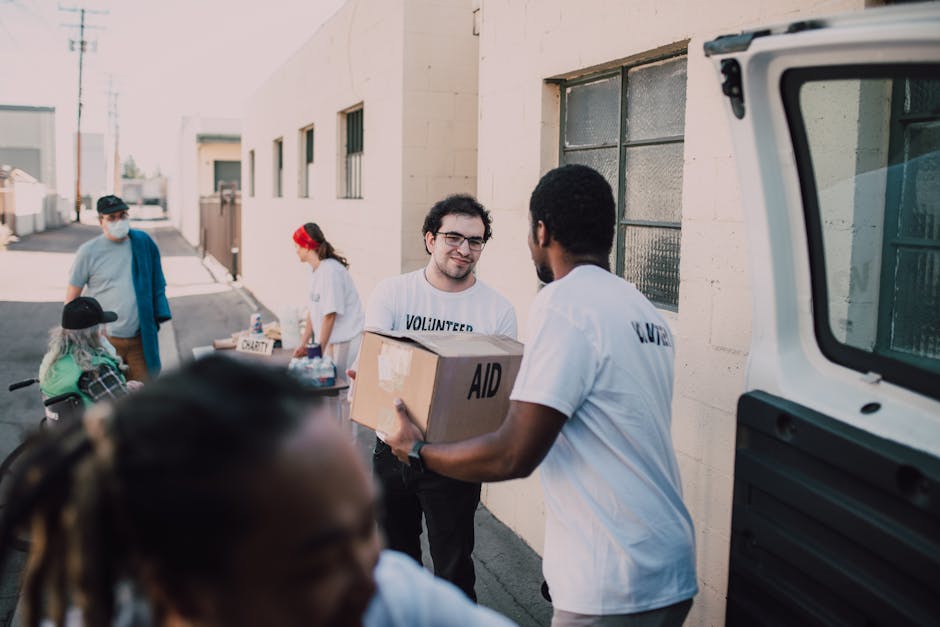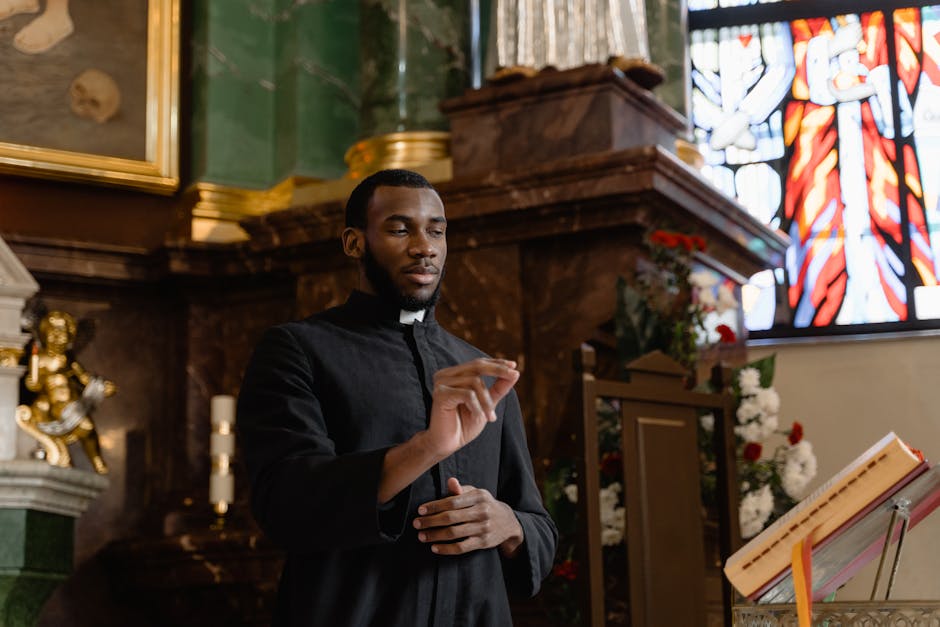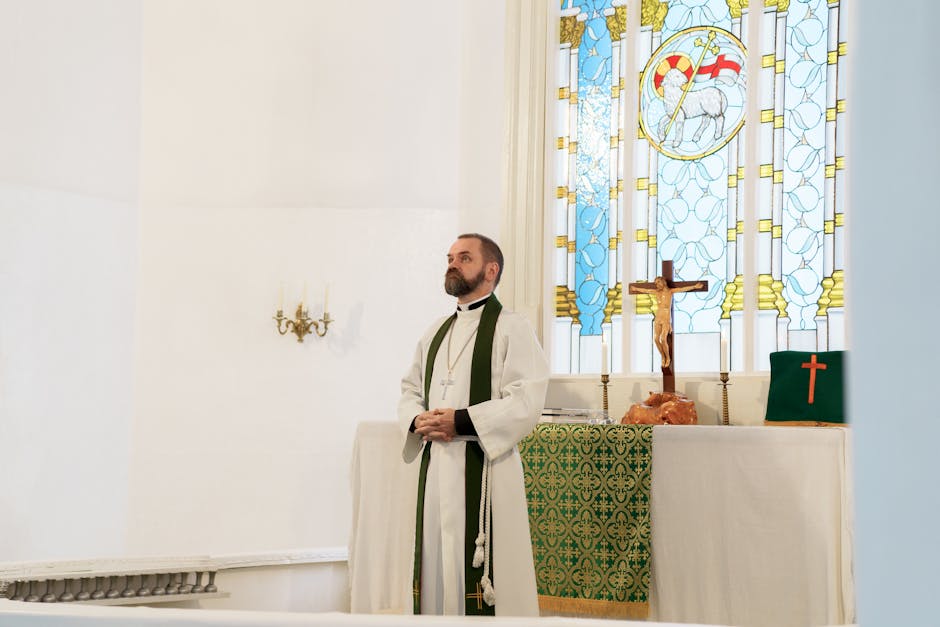The Workshop of Welcome: Building a Culture of Life One Person at a Time
A true commitment to human dignity is not an abstract principle but a hands-on craft, one that calls Catholics to build tangible sanctuaries of hope and practical support for women and their unborn children in our own communities.
In our parishes, we often hear the call to defend life and support the vulnerable. This summons can feel immense, even overwhelming. Yet the Gospel reminds us that the Kingdom of God often begins with something as small as a mustard seed. A powerful example of this truth took root in a Virginia parish community a few years ago. After a priest’s homily challenged the congregation to transform their pro-life convictions into concrete assistance for pregnant women in need, a simple but profound idea began to take shape: a home where mothers could find safety, encouragement, and the resources to choose life for their children with confidence.
What began as a sermon’s challenge has since blossomed into a fully operational maternity home. It stands as a testament not to a grand institutional plan, but to the steady, quiet work of volunteers who decided to build a refuge with their own hands, hearts, and prayers. This is the architecture of hope—a blueprint for how faith, when put into practice, constructs real-world solutions for our neighbors in crisis.
From Sermon to Sanctuary
The journey from a spiritual prompting to a physical home is a lesson in incarnational faith. For this community, the initial idea was to offer more than just material aid; it was to create an environment of dignity and peace. A woman facing an unexpected pregnancy is often surrounded by voices of fear, pressure, and anxiety. The vision for this home was a place where she could find respite from that storm, a space to breathe, think clearly, and receive the unconditional support needed to envision a future for herself and her child. This volunteer-led mission demonstrates that the most effective response to a crisis is often personal, relational, and deeply rooted in a shared sense of community.
The home welcomes women from every walk of life, regardless of their background or beliefs. Its support network is similarly diverse, drawing volunteers and donors from various faith traditions and secular groups who are united by a common respect for human life. This collaborative spirit reveals a profound truth: the work of upholding human dignity is a universal calling that can and should build bridges, uniting people of goodwill in service to the common good.
The Heart of Hospitality
At the center of this mission is a radical commitment to hospitality. For the volunteers, many of whom balance this service with full-time jobs and family duties, their work is a direct expression of their faith. One lay woman who serves as the board’s president describes her involvement not as a hobby, but as a calling that sits at the very core of her spiritual life. This is not merely about providing a room and a bed; it is about the daily practice of accompaniment—walking alongside a woman, listening to her story, and affirming her inherent worth.
This work is a living expression of the Lord’s command to love our neighbor in tangible ways.
Little children, let us not love in word or talk but in deed and in truth.
1 Jn 3:18
The home’s success is measured not in numbers, but in moments of grace. It is seen when a new resident, overwhelmed by the welcome she receives, weeps with relief because she no longer feels alone. It is heard in the cheers of volunteers celebrating a mother who has passed an exam to secure a better job, taking a concrete step toward self-sufficiency. And it is felt most profoundly in the quiet joy of holding a newborn baby, a moment that makes all the sacrifice and effort worthwhile. These are the fruits of a ministry that chooses to see Christ in every guest who walks through the door.
By this my Father is glorified, that you bear much fruit and so prove to be my disciples.
Jn 15:8
A Blueprint for Parish and Personal Action
The example of this maternity home offers a practical model for how we can all contribute to building a culture of life. This work is not reserved for a select few but is a call extended to every Catholic in every state of life. It requires us to cultivate virtues of compassion, prudence, and fortitude in our families, workplaces, and parish communities. The following table outlines how the principles demonstrated by this ministry can be applied in our daily lives.
| Practice | Where to Apply | Why It Serves the Common Good | First Small Step |
|---|---|---|---|
| Listening with Compassion | Family life, parish meetings, civic discussions | It affirms the dignity of the other person and builds bridges of understanding rather than walls of division. | In your next disagreement, ask a question to understand before stating your own view. |
| Offering Practical Support | Neighborhood, workplace, local charities | It meets the immediate needs of the vulnerable, allowing them the stability to address deeper challenges. | Find a local pregnancy resource center and ask what specific material goods they need most. |
| Building Bridges Across Beliefs | Community service projects, interfaith dialogues | It fosters collaboration on shared goals for human flourishing and strengthens the social fabric. | Invite a neighbor or colleague from a different background to coffee to learn about their perspective. |
| Combining Mercy with Truth | Conversations about difficult moral topics | It allows us to stand for our convictions without condemning or alienating those who disagree. | Pray for the grace to speak with both clarity and charity before an important conversation. |
| Flexible and Faithful Service | Personal volunteering, parish ministry | It recognizes that everyone can contribute their unique gifts, regardless of their life circumstances. | Identify one hour a month you can dedicate to a specific act of service. |
An Everyday Apostolate of Welcome
Even if we cannot all help found a maternity home, we are all called to participate in this apostolate of welcome. This work begins in our own hearts and extends outward through small, consistent acts of love and service.
- Identify one local organization that supports mothers and children and learn about its specific needs.
- Dedicate a specific time each week to pray for pregnant women facing difficult circumstances and for the volunteers who serve them.
- Practice speaking about the dignity of life with both conviction and compassion in a personal conversation this month.
- Offer a simple word of encouragement or a small act of help to a new or expecting parent in your parish or neighborhood.
- Examine your own schedule to see where one humble act of service could fit, remembering that God multiplies even our smallest offerings.
This hands-on approach to the Gospel is what authentic faith looks like. It is a faith that rolls up its sleeves, comforts the afflicted, and makes room for new life, not just as a policy position, but as a personal commitment.
Religion that is pure and undefiled before God the Father is this: to visit orphans and widows in their affliction.
Jas 1:27
The challenge put forth in a Virginia parish years ago continues to echo today, inviting each of us to consider our role in this vital work. Building a culture of life is the patient, daily craft of building a culture of welcome. It is accomplished not through grand gestures, but through countless small acts of mercy, steadfast prayer, and a practical love that provides a lifeline of hope to those most in need. By embracing this mission, we not only serve our neighbors but also build up the Church as a credible, compassionate, and life-giving presence in the world.




